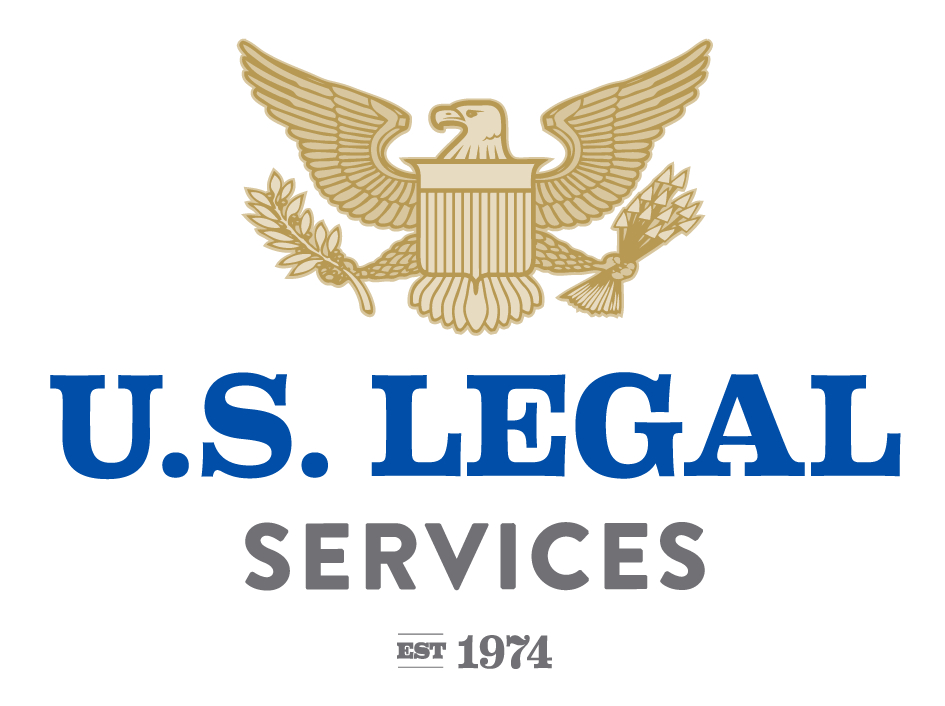
How Traffic Violations Cost You—And How to Protect Yourself
Picture the scene. You hear a siren and look in your rearview mirror, only to see a police officer wanting to pull someone over. You.
Your first thought might be “Why am I being stopped?” And, if you’re cited for a traffic violation—let’s say for speeding—your next question may well be “How much is this going to cost me?” The answer is that it depends. One way that financial consequences can vary is by the state where you live.
Most states use a points system that assigns a certain predetermined value to each type of traffic offense, although specifics can vary. Lesser offenses come with fewer points assessed; more serious ones have a higher point value. When you get, say, a speeding ticket, the corresponding points are added to your driver’s license record and stay on your record for a predetermined amount of time that, again, can vary by state. If you accumulate a certain number of points, the legal and financial consequences can become much more severe.
Financial Impact of a Ticket
Using a speeding ticket as our example, according to BusinessInsider.com, factors that can affect the financial impact of that ticket include:
- how far over the speed limit you’d need to be driving for the offense to be considered reckless driving
- the type of speed limit (note: there is something called “presumed speed limit laws”; this means that you could be driving the speed limit but still be stopped by law enforcement for driving at an unsafe speed for current road conditions)
- how much car insurance prices tend to increase in your location after one speeding ticket
- laws in place about highway racing
- whether or not automatic speed cameras are used
- whether the state has extra penalties for aggressive driving
- how much speeding tickets would count towards a license suspension
Where you live can definitely have a significant impact on the consequences of a ticket, with some states being much stricter than others. The five most lenient states in 2019 are:
- Texas
- Mississippi
- Oklahoma
- New Jersey
- Nebraska
The strictest in 2019 are:
- Delaware
- Colorado
- Arizona
- New Mexico
- California
If you don’t see your state on the list, then it falls somewhere in the middle; you can consult the BusinessInsider.com link for specifics. Here’s something else to consider, though. The fine you’ll pay for your speeding ticket may really only be part of the financial implications of being cited.
Auto Insurance Increases
Next, you might need to deal with insurance rates going up. Car insurance rates are based largely upon your driving history, especially how you’ve driven over the past few years. And, although speeding may seem like a minor infraction, at least compared to something like driving while intoxicated, the reality is that speed is a “strong indicator of at-fault accidents,” which can be a red flag to your insurance company.
How a speeding ticket will affect your insurance rates may depend upon how far over the speed limit you were driving; whether this was a first offense; and how your state handles driving infractions. Insurance.com provides a calculator to help you estimate what a speeding ticket might cost you in boosted premiums.
Being found guilty of more serious driving infractions, such as a DUI, can cause insurance rates to skyrocket. According to CarInsurance.com, on average, premiums increase by 80 percent after a DUI; but, in some states, it could increase by as much as 371 percent. If your insurance company bases your rate on your household, this can have a negative impact on your spouse’s ability to get a good auto insurance rate.
Additional Costs to Consider
Although fines and increased premiums may be the first financial challenges you think of, there are other potential costs, including:
- Life insurance rates: A poor driving record, such as one with a DUI, can cause you to be placed in a less-than-favorable tier for life insurance. Each year, this could cost you several hundred extra dollars, thousands over the policy’s life.
- License suspension: If your license gets suspended, then you’ll likely still be making car payments on a vehicle that you can’t even drive (car insurance premiums, too). Plus, you’ll need to figure out other ways to get where you need to go, whether that means paying for a driving service or taking a bus or cab. Additional costs that can come with a license suspension include when:
- being considered high risk by your insurance provider
- being assessed significant fines
- having your car impounded
- needing to pay court costs
- being sentenced to jail
- you can’t find a consistent way to get to and from work
- Job loss or limitations: If you make your living behind the wheel, then a poor driving record or a serious traffic violation could cause you to lose your job. Your employer may decide that your insurance premiums are just too expensive. And, some jobs may no longer be available to you if you have a DUI on your driving record. These include law enforcement positions, plus those in emergency response fields, aviation, and government positions. Plus, a DUI on your background check may be enough for companies in a wide range of industries to say “no, thanks” when you apply for a job.
Role of a Traffic Violation Lawyer
If you’ve been cited for a traffic violation, you may consider representing yourself, but that may be an expensive choice. That’s because, as a layperson, you may not understand traffic law in depth—and, when you’re upset by what just happened, you might respond emotionally, rather than trying to research the specifics of the law in any great detail.
Sometimes, tickets are wrongly issued. In that case, knowing the details of the traffic law can help to get the citation dismissed. Other times, the situation may be even less clear cut. In those cases, do you feel comfortable with calmly and professionally refuting what law enforcement has to say? Do you know how to find out if camera footage exists of the incident and your rights as far as obtaining that footage? Do you know the procedures?
If you do have at least some guilt in the traffic violation, having an experienced lawyer at your side may be crucial, especially with more serious charges, such as a DUI or reckless driving. Sometimes, the attorney can get a reduced charge and penalty, which can help significantly with your driving record and the financial consequences.
But, you may be asking yourself, “How can I afford a traffic violation lawyer?”
How Group Legal Insurance Can Help
Group legal plans, such as Family Defender™ and CDL Defender™, can provide people like you with access to affordable legal assistance with traffic violations when you need, for example, defense for a first-time DUI, license suspension issues, the restoration of driving privileges, and more. Group legal benefits are voluntary benefits offered by employers to employees at no cost to the employer.
Employers, to find out more about how offering group legal insurance benefits to your employees can help your company, contact us online or call 1.800.356.LAWS. We can help you to select the specifics of your easy-to-administer plan today!



